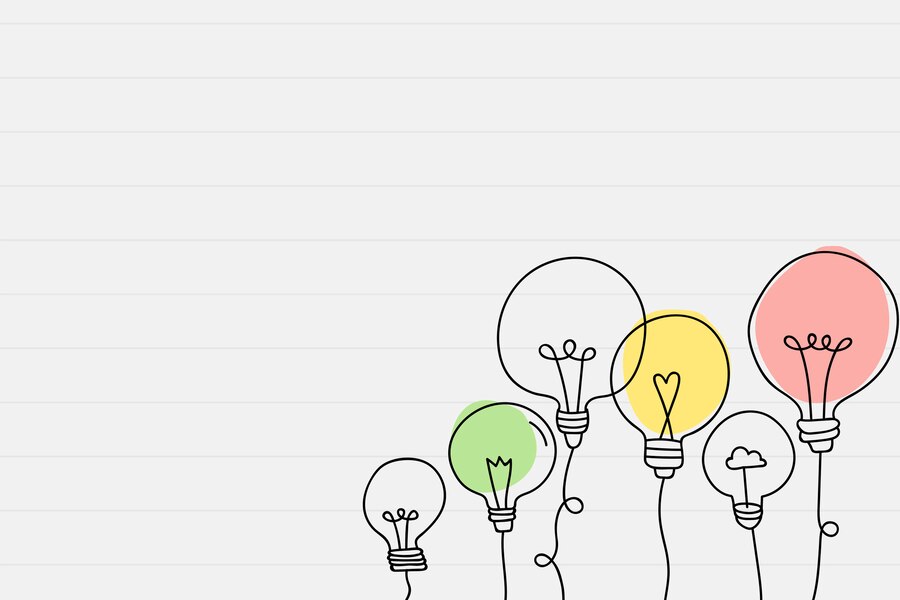Creative Writing in IB: It’s not what you know!
- 8 August 2024

“Sometimes giving voice to others can be the most effective way we can find of expressing what we want to say” – Linda Anderson
Just like common sense, sensible writing isn’t common too. That’s where the International Baccalaureate (IB) curriculum becomes relevant. IB fosters inquiring, knowledgeable, and compassionate learning, and of course, language is the medium for that. Language facilitators at Oakridge International School help the learners refine their vocabulary, grammar, and syntax to articulate complex ideas.
Creative writing starts with creative thinking. It boosts students’ academic and personal growth in several ways:
Through this, learners develop expressive abilities of crafting poetry, stories, and plays, honing critical techniques such as descriptive language, dialogue, and rhyme.
Classroom activities with literary techniques and various genres helps students find their unique styles and build self-confidence.
Creating effective pieces requires thoughtful choices. The IB learners strengthen critical thinking and problem-solving abilities through analysis of diverse authorial intents.
IB assessments also measure student achievement against course goals through both external and internal methods.
In IBDP, external assessments include tests and essays, while internal assessments by teachers encompass recitation, writing, and artistic performances. These evaluations ensure students master advanced academic skills and basic competencies like knowledge retention and concept application.
The best IB schools ensure that creative writing provides a platform for students to explore their emotions, experiences, and empathy. Skills like this gained at school shape IB learners as compassionate future-ready individuals.
Sara Cherian
Manager – Communications
Image by rawpixel.com on Freepik